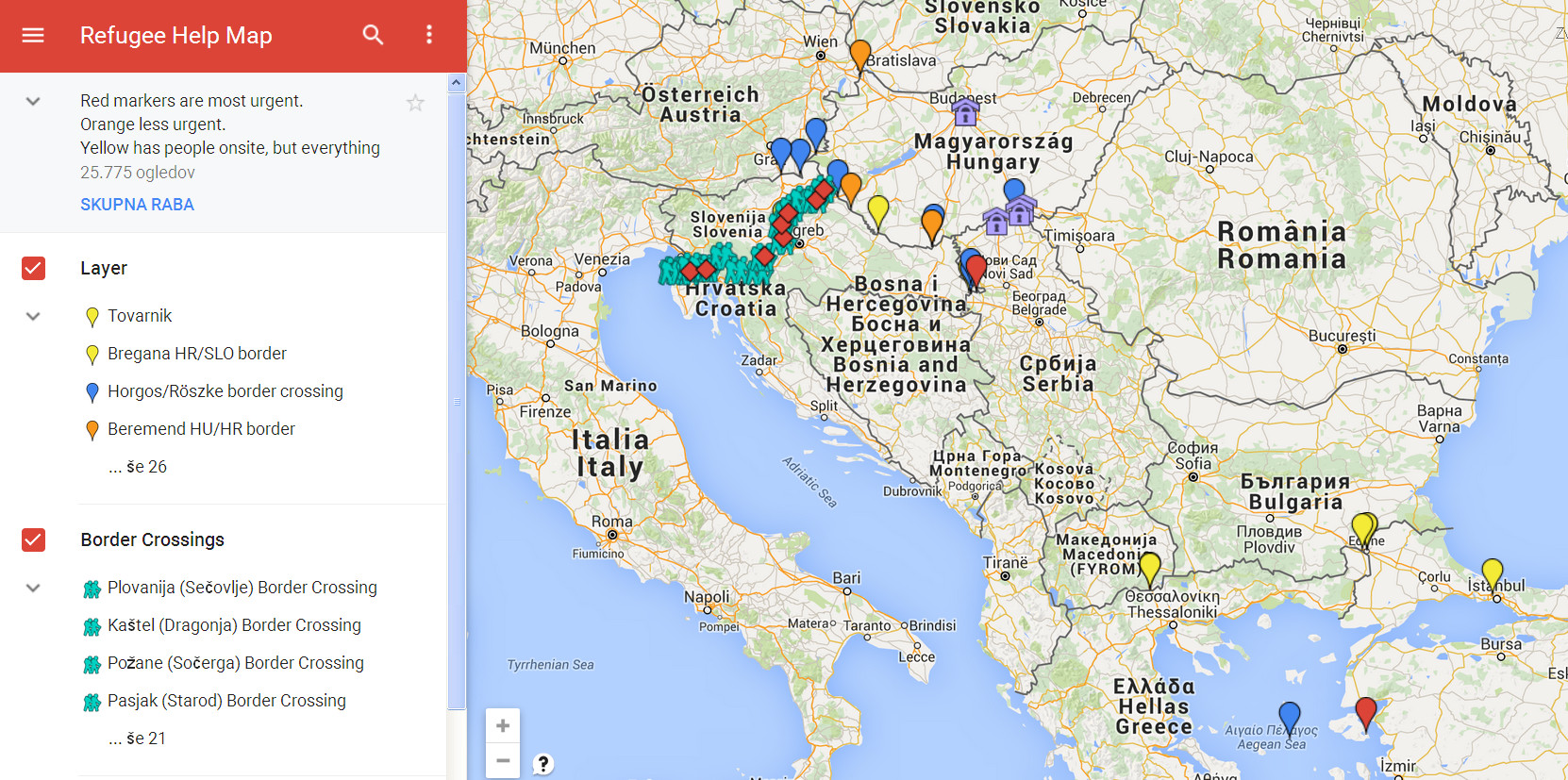Securitization and the Iraq War: The rules of engagement in world politics
By: Faye Donnelly
London: Routledge, 2013
In Securitization and the Iraq War by Faye Donnelly, readers will find a European theoretical and methodological treatment of the Iraq war and one that is deeply embedded in debates over the role of language in the study of security. While the book is filled with intriguing analytical nuggets, many of which merit at least article length treatment, I will discuss two very important ideas on the processes that shape security outcomes that I believe are central to the analytical contributions of the book.
The first—and by far the most significant idea in my opinion— is the identification and exploration of the idea that securitizing actors are always operating within systems of rules. Drawing on Wittgenstein, Donnelly conceives of securitization not as rule breaking, but rather as an attempt to replace one system of rules with another. Donnelly rightly identifies this as a significant contribution to securitization theory, taking the approach away from the dichotomous conception of rule following (normal politics) and rule breaking (security politics) that was present in the Barry Buzan, Ole Wæver, and Jaap de Wilde’s field defining 1998 text Security: A New Framework for Analysis. The rules governing political behaviour in a securitized state emerge from a number of places including, the domestic, international, social and legal context within which securitizing actors operate. This is an issue I have addressed in my own work, although admittedly without the focus on rules that Donnelly brings to the table. Sporadically, Donnelly mentions the role of identity in shaping the rules securitizing actors operate by, a notion I found particularly intriguing. Systems of rules can also emerge from the very way that the security claim is constructed. If, as in the case of the Iraq War, a securitizing actor builds a security claim on the premise that democracies do not pose threats to others and that only democracies can be trusted to uphold international peace and order, that creates both an opportunity to exercise agency (i.e. invade Iraq), as well as a system of rules that the securitizing actor must abide by in order to maintain the legitimacy of the securitizing process.
Rules, however, can be tricky things analytically speaking. Like other social structures (e.g. identity), they can be difficult to observe. As a consequence, scholars either marginalize them or reify them, imparting a level of permanence and institutionalization that could lead to a highly structural and deterministic interpretation of securitization. Donnelly avoids this trap, however, through her basis in Wittgensteinian theory—emphasizing the inter-subjective agreement of various audiences as to: what system of rules is applicable; what system the securitizing actor is seeking to invoke and the meaning of the rules. In this way, Donnelly stays true to the constructed nature of security set out in Securitization theory, by emphasizing the importance of interpretation and argumentation in establishing security, as well as contributing to the conceptual development of the role of the audience in the securitizing process.
The second key idea Donnelly raises, is that security is not the product of a single-point-in-time act, but is rather an ongoing process of reiterated, reinforced and sometimes reconstructed security narratives that are linked and interwoven in time and constrained both by past security claims, but also by the structures within which they are formulated (what she calls multiplicity). Multiple narratives interact with each other to shape the securitizing process and that process can only be understood through how these multiple narratives interweave and change in prominence over time. Donnelly does this well through her engagement with the discourses used by the Bush Administration to construct Iraq as a threat as well as her analysis of two ‘defining moments’—the failure to find weapons of mass destruction in Iraq and the mistreatment/torture of prisoners at Abu Ghraib—that challenged the original security construction. The point that securitization is a process rather than a moment has been raised by other—as Donnelly calls them—second generation securitization scholars (myself included), but Donnelly stands out in her attention to the interweaving and multiplicity of discourses.
These two points do not however comprise the totality of Donnelly’s intellectual contributions. I heartily agree with Donnelly’s contention that scholars should ‘look and see’ what security discourses are doing. Sprinkled throughout the book are eye catching analytical points that could, and probably will, serve as the basis for article length or longer stand-alone research projects. For example, Donnelly notes that the Bush Administration claimed to be upholding the international law, rather than arguing that the nature of the threat justified a break with international law. This is an intriguing and important point of exploration regarding the interaction between social order, rules, and the enactment of security. The intellectual richness of the book speaks highly of Donnelly and the work she is undertaking. Like any good work of scholarship, Donnelly’s book raises a number of interesting questions, and introduces new avenues of inquiry and analysis.
There are however, I would argue, a few shortcomings to the work. Perhaps the largest is the structure of the narrative. As is relatively common in European IR, Donnelly’s argument and analytical frame emerge in stages through engagement with the cases. There is nothing wrong with this approach. However, it does clash with intellectual traditions in American IR, where the argument and analytical frame are usually presented up front. This in the end could mean that her book gets far less traction amongst US scholars than it should. Of secondary significance, are some points of possible contention in the analytical framework. For example, while Wittgenstein’s language games approach leads Donnelly to explore the importance of rules in securitization, the book remains somewhat ambiguous as to the value added both to the analysis within the book and to the broader field of securitization studies of using the language games concept as a central mode of analysis (as opposed to providing some analytical direction). As a consequence, Donnelly’s own contributions to understanding and analyzing securitization can at times be obscured. I also felt that Donnelly could have paid more attention to linking the language games to security outcomes, which in turn would have reinforced her argument that language matters for the conduct of security in international relations. But these are minor points and should not distract from the importance of Donnelly’s insights, particularly on the significance of rules throughout the securitizing process.
—
Jarrod Hayes is an assistant professor of international relations in the Sam Nunn School of International Affairs at the Georgia Institute of Technology. His book, Constructing National Security: US Relations with India and China, was published by Cambridge University Press in 2013.










